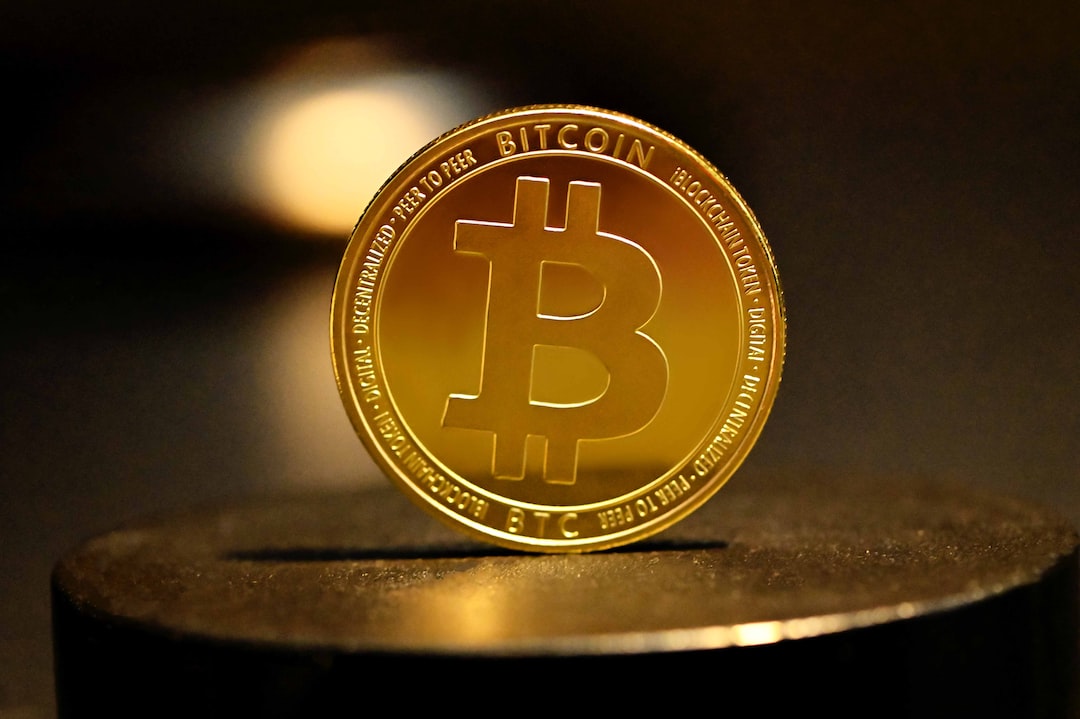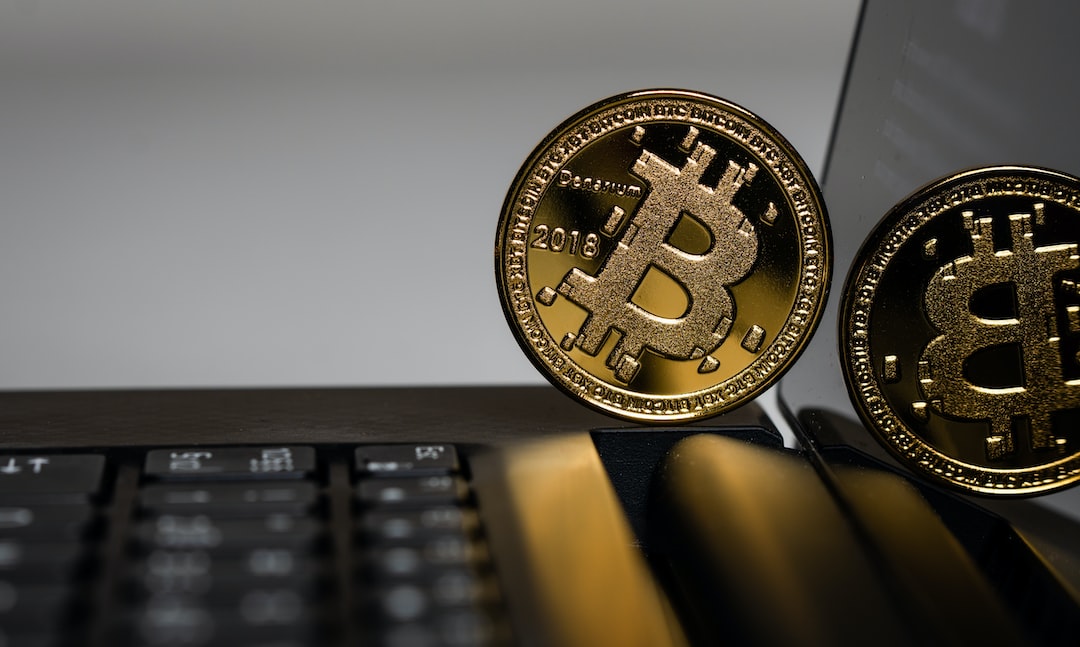Florida Introduces Bill to Regulate Virtual Currency Kiosk Businesses
Republican Senator Colleen Burton has proposed Senate Bill 662 in Florida, which aims to regulate Bitcoin and other virtual currency kiosks. The bill requires these businesses to register with the state to operate legally, bringing them under regulatory supervision. It also mandates certain entities to obtain a license as money services businesses for additional oversight.
Defining Crypto Kiosks and Disclosing Risks
The bill provides detailed definitions for terms such as “Virtual currency kiosk,” “Virtual currency kiosk business,” and “Wallet.” These definitions are crucial for understanding and regulating virtual currency transactions. A “Virtual currency kiosk” is defined as an electronic terminal facilitating the exchange of virtual currency for fiat currency or vice versa, while a “Virtual currency kiosk business” refers to entities operating these kiosks without being classified as money transmitters. The legislation also emphasizes the importance of disclosing specific risks associated with virtual currency transactions to customers.
The US Dominates the Crypto ATM Market
This proposal is part of a series of bills aimed at regulating virtual currency operations in the US. Last year, California suggested a $1000 daily withdrawal limit for crypto ATMs to combat scams. According to Coin ATM Radar, there are over 34,746 operational crypto ATMs and kiosks worldwide, with the United States hosting approximately 83% of them (29,043). This demonstrates the significant presence of virtual currency kiosks in the country, with 71 countries, 43 producers, and 499 operators involved in this global network. Bullet Blockchain’s recent acquisition of a network of 40 Bitcoin ATMs in South Florida further highlights this expansion.
Hot Take: Florida Takes a Step Towards Regulating Virtual Currency Kiosk Businesses
Florida’s introduction of Senate Bill 662 is a significant move towards formalizing the regulatory framework for virtual currency kiosk businesses. By requiring registration and supervision of these businesses, the state aims to bring them under regulatory scrutiny and prevent unlawful and fraudulent activities. With the US dominating the crypto ATM market, it is crucial to establish clear definitions and disclose risks to protect customers and maintain the integrity of virtual currency transactions. This bill, along with other regulatory efforts, demonstrates a growing focus on regulating the crypto industry in the US.





 By
By

 By
By
 By
By
 By
By
 By
By